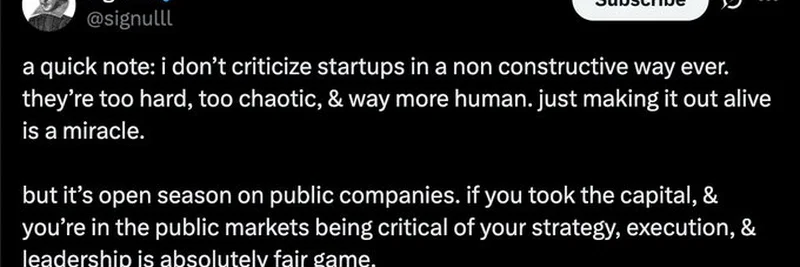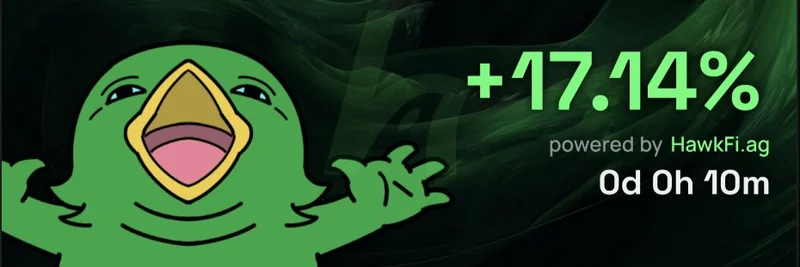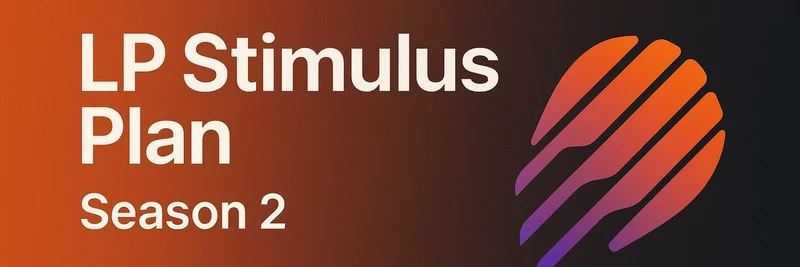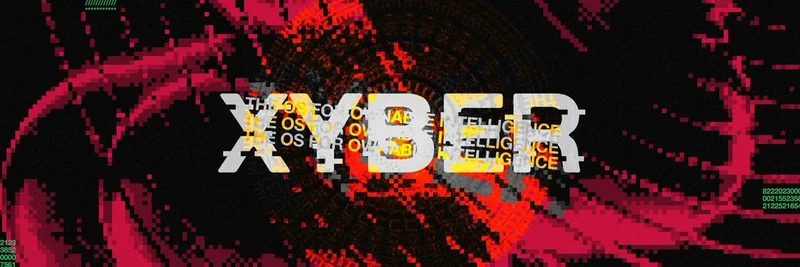If you’ve been scrolling through X lately, you might have stumbled upon a thought-provoking thread by Austin Marrazza (@realitywarp) that’s got the crypto community buzzing. Posted on July 6, 2025, this thread dives deep into the contrasting worlds of startups and public companies, especially in the wild realm of token markets. As someone who’s spent years covering the crypto beat—first at CoinDesk and now at Meme Insider—I couldn’t resist breaking it down for you. Let’s unpack the key points and see what this means for the future of meme tokens and blockchain projects.
Why Startups Get a Pass (For Now)
Austin kicks off with a heartfelt note: he doesn’t criticize startups in a non-constructive way. Why? Because they’re “too hard, too chaotic, & way more human.” Building a startup, especially in the crypto space, is no walk in the park. You’re juggling limited resources, unpredictable markets, and a team that’s likely figuring things out as they go. Surviving that chaos is, as he puts it, “a miracle.” It’s a sentiment many in the blockchain world can relate to—think of early meme token projects like Dogecoin, which started as a joke but somehow thrived.
This empathy makes sense. Startups, especially those launching tokens, often lack the polished infrastructure of established firms. They’re experimenting, taking risks, and sometimes failing spectacularly. For crypto enthusiasts, this human element is part of the appeal—raw, unfiltered innovation.
Public Companies: Fair Game for Scrutiny
The tone shifts when Austin turns to public companies. If you’ve taken capital and entered the public markets, he argues, you’re opening yourself up to criticism on your strategy, execution, and leadership. This is where the gloves come off. Unlike startups, public companies have a responsibility to their investors and the broader market. With that comes accountability—something token markets, with their lack of sell-side analysts, audited financials, and sale disclosures, often lack.
This point hits home when you consider how many crypto projects rush to launch tokens as a pseudo-IPO (initial public offering). It’s a shortcut to raise funds, but without the guardrails of traditional markets, it leaves room for chaos—and cynics—to fill the gap. Austin’s thread suggests this premature leap into public scrutiny is a recipe for trouble, especially when the products are still in their “fetal” stages.
The Role of Cynics in Crypto
One of the most intriguing takeaways is Austin’s take on the “anon cynics” of crypto Twitter. He calls them “unconstructive, intellectually lazy, and completely essential.” In a world where token markets rely heavily on platforms like X for information—lacking the formal oversight of traditional finance—these critics serve as an imperfect but necessary check on unbounded optimism. Their mockery might be toxic, but it’s also a counterbalance to the hype that often drives meme tokens to the moon (or crashes them back down).
This dynamic is especially relevant for meme token enthusiasts. Projects like Diarrhea Coin (yes, that’s a real thing!) thrive on hype but often lack substance. Cynics calling out these red flags can protect investors, even if their delivery stings.
What This Means for Meme Tokens
At Meme Insider, we’re all about helping you navigate the meme token landscape. This thread highlights a growing tension in the crypto space: the clash between the scrappy, human-driven startup ethos and the accountability demanded by public markets. For blockchain practitioners, this is a call to build stronger foundations before launching tokens. It’s not just about creating a fun meme coin—it’s about ensuring it can withstand scrutiny and deliver value.
Take Stripe, SpaceX, and OpenAI as examples. These companies have avoided the public market trap, focusing on long-term growth over short-term hype. Meme token projects could learn from this, prioritizing transparency and product maturity over a quick cash grab.
Final Thoughts
Austin’s thread is a wake-up call for the crypto community. Startups deserve a bit of grace as they navigate the chaos, but once you step into the public arena, you’re fair game. For meme token fans and blockchain practitioners alike, this is a reminder to demand more accountability while celebrating the human spirit that drives innovation. What do you think—should we give startups more slack, or is it time to tighten the reins on token launches? Drop your thoughts in the comments, and stay tuned to Meme Insider for more insights into the wild world of crypto!




